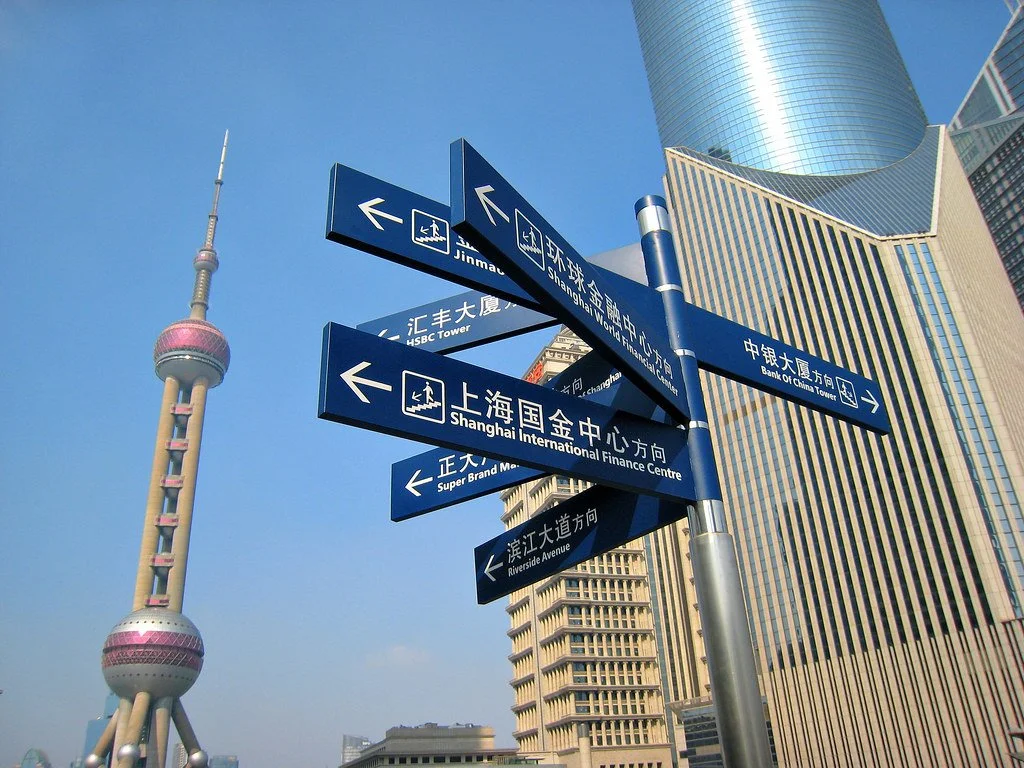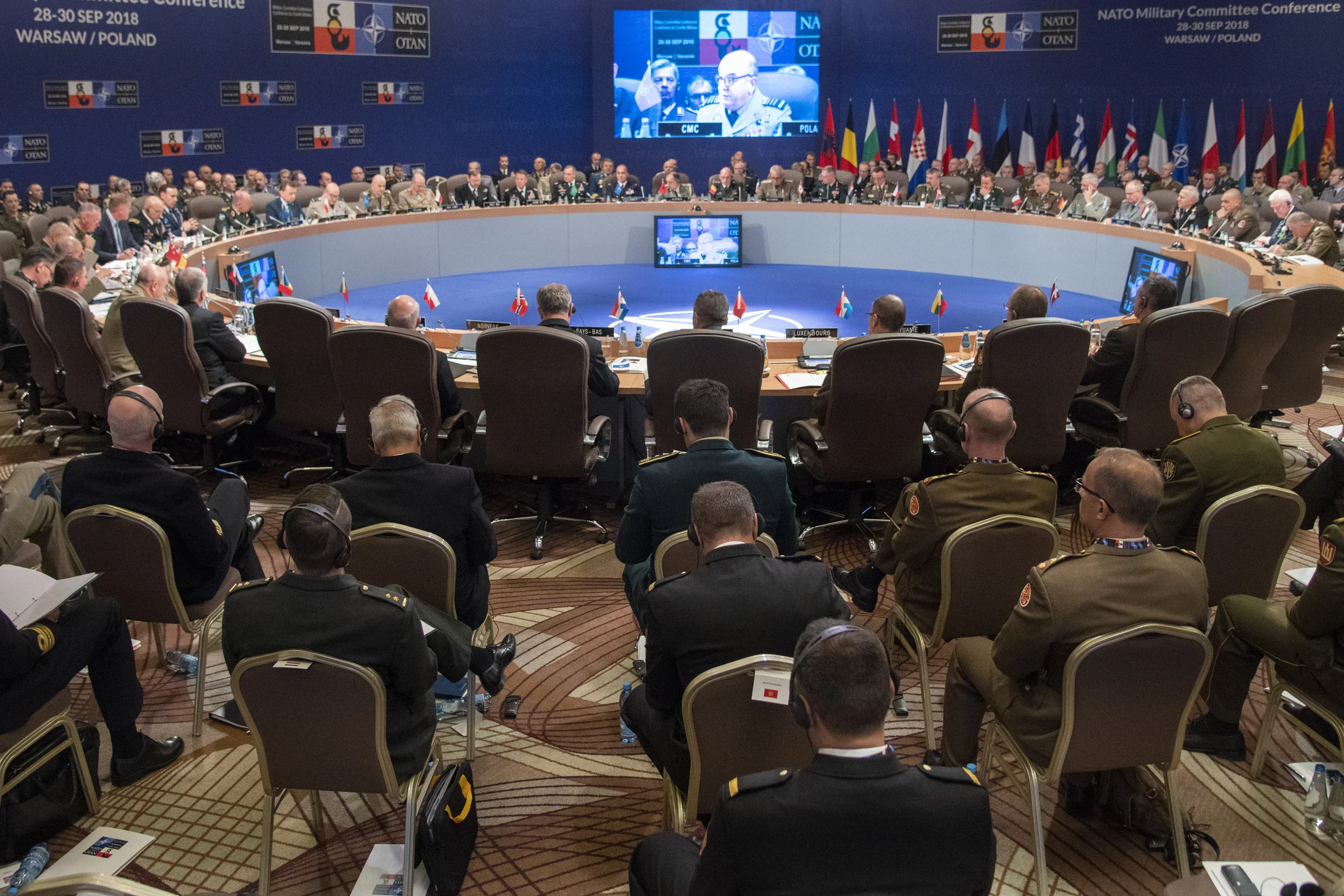North America
Salar Ghahramani argues that while the United States does not currently have a sovereign wealth fund, it would be a great economic tool and a formidable foreign policy instrument. The fund could act as a catalyst for growth, peace, and stronger alliances.
The article explores Theodore Roosevelt's naval diplomacy, highlighting two key examples: the preemptive strike in Manila Bay during the Spanish-American War and the peaceful yet powerful Great White Fleet voyage. Both of these incidents demonstrate how strategic military preparedness and assertive yet patient diplomacy can prevent conflicts.
Marina Carneiro de Castro examines the United States’ ongoing blockade of the WTO Appellate Body and its effects on global trade.
Hershel Tamboli examines the strategic role of genomic data in U.S.-China competition and recommends steps to navigate this and secure future U.S. innovation in biotechnology.
Darryl Alexander argues that the newfound global condemnation of unjustified military force by Russia against Ukraine provides the United States with an opportunity to reaffirm its dedication to a multilateral order that prioritizes diplomacy over militarism.
Cultivating leaders who value fundamental human rights and dignity should be the teaching and practicing model at the Jackson School of Global Affairs and beyond, argues Rayhan Assat.
How can governments and funders combat the global education crisis caused by the COVID-19 pandemic? Piper O’Keefe argues that the key is to invest more resources in teachers—not simply ask more of them.
A citizen wealth fund could be the right antidote to Mexico's impoverishing populism, argues Martin Rodriguez Rodriguez.
To what extent should foreign and internal policies be aligned? Daniela Philipson Garcia and Ana Velasco analyze Mexico’s feminist foreign policy.
Jasper Vaughn assesses the current state of IRF in U.S. foreign policy and recommends a more equitable and effective approach to international religious freedom.
Jean Vilbert explores how Latin American governments can harness regulatory dynamism to attract foreign direct investment (FDI).
What does the decoupling of the Chinese and U.S. economies really mean? Brian Wong reviews James Fok’s Financial Cold War.
Diego Marroquín Bitar proposes three ways the United States and Mexico can develop a dynamic and mobile labor force.
By looking to Argentina, the U.S. could improve its asylum system and greatly reduce its costs, argues Liam Comer-Weaver.
The Organization of American States is an important forum, but something needs to change, writes Ethan D. Ayala.
Congress can bring the policy into the twenty-first century by removing the president’s sole control of nuclear weapons and eliminating U.S. land-based nuclear forces, argues Alexandra Chandler.
Brianda Romero Castelán reviews Joanne Meyerowitz’s A War on Global Poverty, a timely addition to the literature on gender and development.
López Obrador’s credibility and legacy will be determined by his response to the Ayotzinapa case, seven years ago. Olivia Mozdzierz explains why.
Hundreds of thousands of American firearms are smuggled into Mexico each year. Mexican diplomat María Rodríguez-Domínguez explains how the two countries can confront the illicit trade.
By Nellie Petlick
Yale Jackson graduate student Nellie Petlick explores how the United States could reinvent its public diplomacy strategy to directly address topics of race and racism abroad.
By Andrew Rennemo
Regulatory diplomacy that replaces political provocation with cooperation on technical issues, such as securities fraud, antitrust, and illicit trade, could be a first step toward restoring a measure of stability in the U.S.-China relationship.
By Paul Lendway
Using a national survey experiment consisting of rural white Republicans – a group that tends to oppose expanding redistributive programs – this study shows that informational and empathy-enhancing interventions are effective at increasing support for expanding Medicaid and Medicare benefits in the United States.
By Jacob Shiman
Current U.S. regulations aiming to counter money laundering and terror financing likely impact financing for the poor more than criminals. Cost-benefit analyses would make this clear and provide a path forward.
By Maria Santarelli
The United States should mitigate the suffering of Venezuelans within its own borders by granting Temporary Protected Status.
By Tony Formica
Extremist groups have been on the rise for the past four years, and an uptick in extremist-related violence has followed in their wake.2 Prominent social media platforms have been tacitly implicated in these attacks, facilitating extremist recruitment, disseminating propaganda, and spreading disinformation.
By Matthew J. Klem
Rick Steves, celebrated travel author and host of Rick Steves Europe, explains the way travel can shape our attitudes toward global affairs, and how travel in Europe shaped his own reflections on American politics.
By Eliot Pence
Despite some economic progress, Colombia still faces critical challenges in managing its borders and countering illicit drug production. The U.S. should consider leveraging the next generation technologies to promote an effective partnership with Colombia.
By Ryan Nabil
The UK's potential trade agreement with the US should not hinder Britain’s trade with other major economies like China.
By Joe Kyle
As the preeminent institution for maintaining European security, the North Atlantic Treaty Organization (NATO) must address the growing sphere of Russian influence in non-NATO member states.





























By Joseph Gayeski
How his history of Franco-Russian relations begs questions that he himself struggled to answer.